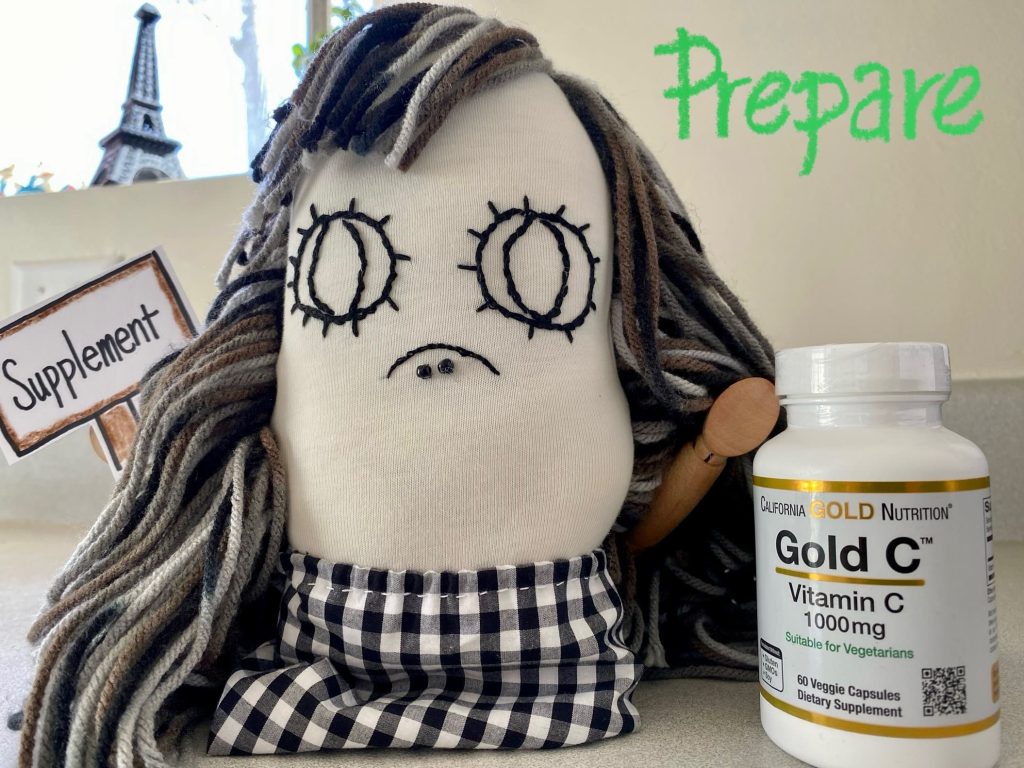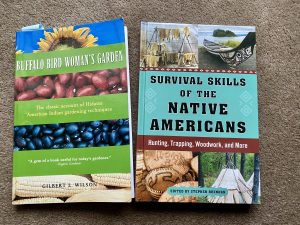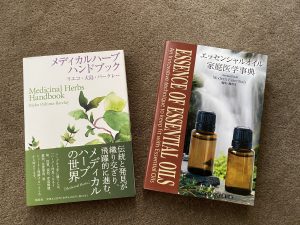
What supplements should I get for long-term emergencies?
I have never taken any supplements. Do I really need them?
I already have many vitamin supplements. I think I am OK!
I don’t know which brands I should get. Which supplement brands are best?
In a long-term emergency, which is better for fending off starvation: chewing or swallowing?
Maybe this question is not clear, let me ask it another way.
Let’s say you haven’t eaten in 3 days, which would you rather have: one bottle of honey or one bottle of vitamins?
In emergency situations, filling your stomach is more important than getting a balanced diet, especially when you can’t see the future. I understand nutrition is very important, but if you are near death from starvation, and you don’t have the energy even to chew what little food you have… I promise you, you will not be worried about the recommended daily allowance of specific minerals.
Do you think taking one pill will suddenly give you a super energy kick? Or suddenly boost your immune system?
I don’t think so.
You have to continue to take a pill everyday for at least a month to see the beneficial effects of most multivitamins and herbal supplements. Taking one pill will fill your empty stomach? I don’t think so. If you can eat supplements as a snack, maybe you will be fine, but I do not recommend it.
💡
If you are worried about life without supplements, you can stock up on your preference. But I do strongly recommend you get some knowledge about herbs and how to grow your own plants.
Fortunately, I have been healthy and I don’t take any supplements. I understand that some people must take vitamins, medicinally, for health reasons, and that they have already set up boxes of supplements in their stockpile. That’s fine. If you know you need it, then absolutely you should keep it in your stockpile.
But wait a minute, this raises a big, important topic, a can of worms that I probably shouldn’t open right now. I think that storing supplements is fine for our short-term stockpile, but in a long-term crisis that goes on for months and months (or even years), how many people will be able to see a doctor and get their blood checked? Which patients will be prioritized? What equipment will the doctors have access to?
When I start thinking about medical considerations in long-term emergencies, I become lost in thought for a long time… In my job as an RN, I could take care of my patients because my hospitals were well-supplied with medical equipment and medicine. If we don’t have access to such a facility, or equipment, or medicine, how much help can we provide to patients?
The long-term emergency medical question is a deep and complicated one, and I’m not going to attempt to answer it this time. (Maybe I’ll try to dive into it in a future post?)
Be a walking dictionary? Be a walking encyclopedia?
I don’t have any specific recommendations for supplements or any specific brands. If you are worried about life without supplements, you can stock up on your preference. But I do strongly recommend you acquire as much knowledge as you can about herbs and how to grow your own plants.
When we feel we’re at the end of a short-term emergency and it’s turning into a long-term situation, it’s time to start growing our own plants for our nutrition. One day, your supplements will be gone, but your knowledge will remain, stored safely in your brain.
You just use it!! Most essential vitamins and minerals can be found naturally in plants that you can either find nearby or grow yourself.


Pick up an herb dictionary and try to pick up herbs while hiking.
Needing to constantly buy things at the store will only add to your insecurity, but learning to be self sufficient will give you confidence. I live in the US and I try to read books about plants and agriculture, written by Native Americans. Is there someone in your neighborhood who knows a lot about the flora in your area? Maybe the walking dictionary in your home town will be you!
See you next time.
Remember, “Protect your life by yourself” (自分の命は自分で守る). You need to survive first, and then you need your emergency supply. No matter how well you prepared your emergency supplies, if you die, then all of your preparations will have been for nothing. First and foremost, keep your health up all the time. Build your stamina so that if you need to, you can evacuate as quickly as possible. Stay healthy